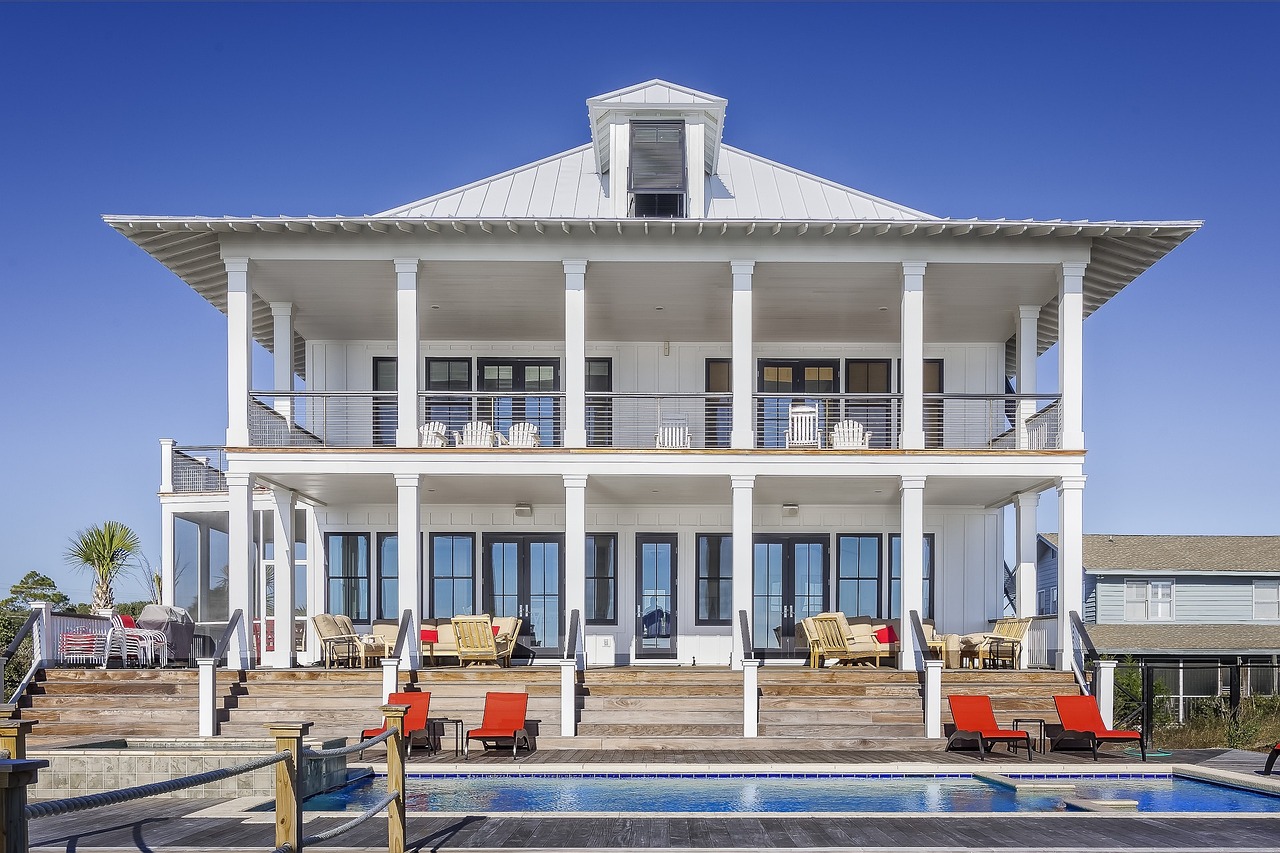
Buying a home is a significant investment, and maintaining its safety and functionality is crucial. Home inspections play a vital role in this process, helping you identify potential issues before they become costly problems. There are two main types of home inspections: general and specialized.
|
General Home Inspections |
General home inspections provide a broad overview of a home’s condition. They typically include:
- Standard Home Inspection: A comprehensive assessment of the major systems and components of a home, including the roof, exterior, interior, HVAC, plumbing, and electrical systems.
- Four-Point Inspection: Focuses on four key areas: electrical, plumbing, HVAC (heating, ventilation, and air conditioning), and roofing. This type of inspection is often required by insurance companies for older homes. This inspection is often required for homes 30 years or older. However, insurance providers may request a 4-Point inspection on younger homes.
These inspections aim to identify any obvious defects or safety hazards and provide a general understanding of the home’s condition.
|
Specialized Home Inspections |
Specialized inspections target specific areas or systems of a home that may require more detailed evaluation. These inspections can include:
- Roof Inspection: Evaluates the condition of the roof, including shingles, flashing, and structure.
- HVAC Inspection: Examines the heating, ventilation, and air conditioning systems for proper function and efficiency.
- Plumbing Inspection: Checks for leaks, corrosion, and other plumbing issues.
- Electrical Inspection: Assesses the electrical system for safety and code compliance.
- Structural Inspection: Evaluates the structural integrity of the home, including the foundation, walls, and framing.
- Mold Inspection: Detects the presence of mold and identifies the source of moisture.
- Radon Inspection: Measures radon levels, a radioactive gas that can pose a health risk.
- Termite and Pest Inspection: Identifies the presence of termites or other wood-destroying pests.
- Chimney Inspection: Evaluates the condition of the chimney for safety and proper function.
- Sewer/Septic Inspection: Checks the sewer or septic system for leaks, blockages, and other issues.
- Pool Inspection: Assesses the condition of the pool and its equipment.
- Asbestos Inspection: Identifies the presence of asbestos, a hazardous material.
- Lead Paint Inspection: Detects the presence of lead-based paint, which can be harmful to children.
- Foundation Inspection: Evaluates the foundation for cracks, settlement, and other issues.
|
Wind Mitigation Inspection |
A wind mitigation inspection assesses a home’s ability to withstand high winds and hurricanes. This inspection focuses on features such as:
- Roof Shape: Homes with hip roofs generally perform better in high winds.
- Roof Construction: The materials and methods used to construct the roof.
- Roof Anchoring: How the roof is attached to the walls of the house.
Wind mitigation inspections can often result in lower insurance premiums for homeowners in hurricane-prone areas.
It’s important to consult with a qualified home inspector to determine which inspections are necessary for your specific needs and location. Addressing potential issues early on can save you money and headaches in the long run.
|
Conclusion |
Home inspections, both general and specialized, are essential for maintaining a home’s safety, functionality, and value. By understanding the differences between these inspections and addressing potential issues proactively, homeowners can protect their investment and ensure a safe and comfortable living environment.
The State of Florida Offers Resources to Find Out About Florida Home Insurance.
Central Florida Inspection Resources
Central Florida Building Inspectors



 Facebook
Facebook
 X
X
 Pinterest
Pinterest
 Copy Link
Copy Link
